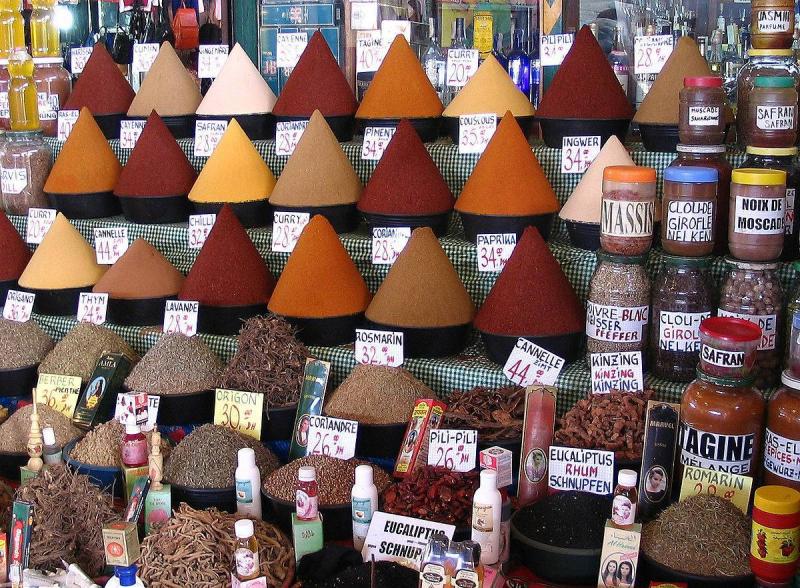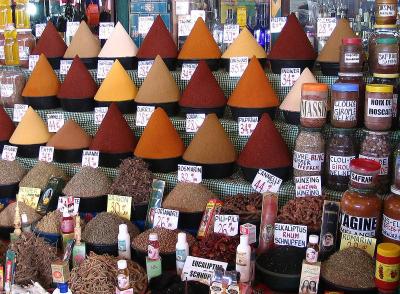The effect of spicy seasonings on the stomach is a controversial topic. On one hand, it is believed that spicy seasonings have antimicrobial properties, which promotes their use as beneficial. However, there are other opinions that question their benefits. To uncover the truths and myths surrounding spicy seasonings, Dr. Alexander Myasnikov has disputed common ideas regarding the subject.
Regarding chili pepper, Dr. Myasnikov emphasizes that despite conflicting opinions about the effect of spicy seasonings on the body, chili pepper contains beneficial trace elements. It is used in various forms, such as ground pepper and hot pepper, all of which carry potential benefits for the body. Hot pepper is known for its ability to create a sensation of burning in the mouth for those who taste it. This sensation has often made hot pepper a controversial substance, even though it has remarkable benefits for the body.
Research shows that hot pepper can be helpful in preventing the proliferation of Helicobacter pylori bacteria and enhancing the stomach lining's resistance to the acidic environment. Dr. Myasnikov indicates that hot pepper is currently used instead of milk as part of recommendations for preventing ulcerative gastritis, due to its containing the compound capsaicin, which improves blood circulation.
Mustard is also an antioxidant and has a positive effect on blood vessels, the heart, and the nervous system thanks to its magnesium and potassium content. Dr. Myasnikov advises individuals with chronic diseases and those who feel discomfort when consuming spicy seasonings to refrain from adding them to their diet. He points out that seasonings like hot pepper, mustard, and ginger may not cause gastritis, but they could lead to heartburn and digestive difficulties.
Dr. Andrei Yakushov, a gastroenterologist, confirms that spicy seasonings are not dangerous and do not affect the stomach in any way. He notes that discomfort and cramps experienced in the stomach are due to personal reactions. According to his interpretation, spicy foods do not affect the stomach because they contain hydrochloric acid in sufficient amounts. He states, "Hydrochloric acid is very strong, and thus no spicy food or other seasonings, including lemon juice, significantly approaches the level of hydrochloric acid in terms of changing the pH index. In other words, the acidifying of the stomach environment by external factors is very important."




